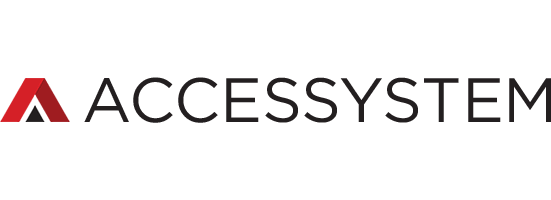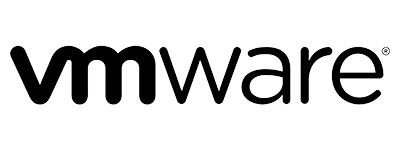Firewall as a Service (FWaaS) Solution by ACCESSYSTEM® Technologies
Firewall as a Service (FWaaS) is a cloud-based security solution that provides organizations with scalable, flexible, and cost-effective firewall protection. Unlike traditional on-premise firewalls, FWaaS is delivered via the cloud, enabling businesses to secure their networks, applications, and data regardless of their location or infrastructure. This service ensures that network traffic is filtered and monitored for malicious activities, unauthorized access, and other security threats, while offering the convenience and scalability of cloud-based solutions.

Key Features of FWaaS
- Cloud-Native Security
- Scalability
- Centralized Management
- Integrated Threat Intelligence
- Advanced Security Features
FWaaS is hosted in the cloud, offering businesses the ability to secure traffic across a global network without the need for physical hardware installations.
As a cloud-based solution, FWaaS scales with the organization’s growth, accommodating an expanding number of users, devices, and applications.
FWaaS provides a centralized interface for administrators to manage and configure firewall rules, policies, and alerts, simplifying the process compared to traditional firewalls.
FWaaS platforms often include built-in threat intelligence feeds that automatically update security policies based on emerging threats, providing proactive protection.
Features such as intrusion prevention, deep packet inspection, VPN support, web filtering, and application control help secure networks from a wide range of attacks and vulnerabilities.
Benefits of FWaaS
Cost Efficiency
-
By eliminating the need for physical firewall hardware, FWaaS offers a more affordable alternative, especially for businesses with multiple branch offices or remote users.
Simplified Management
-
FWaaS allows for easier configuration and monitoring through a single, cloud-based dashboard, reducing the complexity associated with traditional hardware-based firewalls.
Global Protection
-
FWaaS delivers consistent security policies across all locations, ensuring that remote and branch office users benefit from the same level of protection as users within the corporate network.
Reduced Infrastructure Overhead
-
The cloud-based nature of FWaaS removes the need for costly hardware maintenance, upgrades, and on-site security staff, freeing up resources for other critical IT needs.
Improved Flexibility and Performance
-
FWaaS allows businesses to adapt quickly to changing security requirements, scaling the firewall services as needed without hardware limitations.
Use Cases for FWaaS
Remote Workforce Security
-
FWaaS ensures that remote workers, regardless of their location, have secure access to corporate resources without the need for complex VPN configurations.
Branch Office Connectivity
-
For businesses with multiple branch offices, FWaaS provides a centralized security solution that can be easily deployed and managed, ensuring uniform protection across all sites.
Cloud and Hybrid Environments
-
Organizations with cloud-based infrastructure or hybrid environments can leverage FWaaS to secure traffic between on-premise and cloud applications, ensuring a seamless security experience.
Application and Web Security
-
FWaaS can be used to protect web applications and services from attacks such as SQL injection, DDoS, and other web-based threats.
Compliance and Data Protection
Challenges in FWaaS Adoption
Integration Complexity
-
Integrating FWaaS with existing IT infrastructure, particularly in legacy environments, may require careful planning and configuration.
Vendor Lock-in
-
Organizations must be cautious of becoming too dependent on a single FWaaS provider, as it may limit flexibility in the long term.
Performance Overhead
-
While FWaaS offers many benefits, the need to route all traffic through a cloud service could introduce latency or bandwidth limitations in certain cases.
Security and Compliance
-
Ensuring that the FWaaS provider meets the organization's specific security and compliance needs can require due diligence and ongoing oversight.
Future of FWaaS
The future of FWaaS lies in its ability to integrate with other cloud security services, such as Secure Access Service Edge (SASE) and Zero Trust Network Access (ZTNA), to provide a comprehensive, unified security framework. As organizations continue to adopt hybrid and multi-cloud environments, FWaaS will become an essential component of their network security strategy, offering flexible and robust protection against evolving cyber threats.
Firewall as a Service (FWaaS) represents a significant shift in how organizations approach network security. By providing a scalable, cloud-based alternative to traditional hardware firewalls, FWaaS enables businesses to secure their networks with greater flexibility, lower costs, and centralized management. As the demand for remote work, cloud infrastructure, and flexible IT solutions grows, FWaaS is quickly becoming a key element in the modern security stack. For businesses looking to simplify their security architecture while maintaining high levels of protection, FWaaS offers a powerful solution.

























